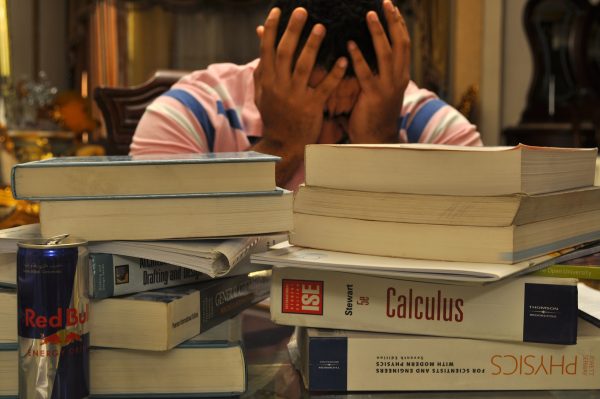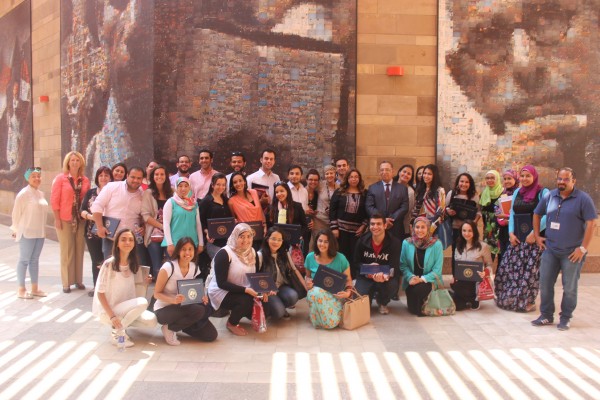Battling Quarantine Blues? Here are Some Tips
By: Nadine Elwan
@Bluesthellx
The Coronavirus pandemic has pushed students to embrace social distancing and shift work online, but the rapid pace of change may be causing anxiety. In attempts to help students regain their confidence, mental health advocates have compiled key tips on how to manage the stress of isolation and workloads, and boost motivation.
AUC’s Chief Clinical Officer Ola Morsy advises to limit social media time, organize the day, establish a proper routine and indulge in enjoyable activities.
‘’It is normal to feel overwhelmed, but we can make the best out of it.Let us read books we didn’t have time for, paint, try practices that will help control our thoughts like meditation and journal our feelings and reflect on them,” Morsy told The Caravan.
“It is time to focus on ourselves a bit. It is a phase that will pass and be remembered by its uniqueness,’’ she added.
Jill Duffy, a contributing editor at PCMag.com, suggests it’s best to create a dedicated space for working. She recently suggested putting physical boundaries at home can help one and one’s family members know who is available or working. It also helps maintain focus.
She also suggests planning the day’s time. Being at home can have many distractions, so making schedules of work and a home daily routine can help separate work and leisure and will ultimately reduce anxiety.
Psychotherapist at The Center Method Jennifer Musselman has a website in which she provides the third tip which is getting dressed. Get out of bed and above all don’t take your work there. Try to maintain your own unique schedule; if you use an alarm to get up in the morning, continue using it; make sure you are eating breakfast, showering and making the bed. One does not have to wear university attire, but do change out of pajamas.
The fourth tip is to use online networks to try and socialize to maximum effect, to video conference with friends, peers and professors, says Kasley Killam, a prominent writer on social health and social wellness.
On Twitter in recent weeks, she has emphasized how harsh forced self-isolation can be.
To prevent falling into loneliness, she Tweets recommendations that maintaining connections and reaching out for help regarding work and contacting friends for some fun time is crucial.
Psychology sophomore Salma Ihab is well aware how harsh self-isolation can be.
‘’Being stuck at home can be emotionally and physically challenging. We can feel deprived of our loved ones. I combat that by reinforcing physical and not social distance. I make time for group calls for my family, which helps me feel like I’m still connected to them,’’ Ihab says.
Other experts advise practicing self-compassion, talking to oneself and engaging in kindness to oneself and to others. Activities such as exercising, cooking, or calling a friend can help one manage the uncertainty of self-quarantine.
Psychology junior Fatema Afify says she is always looking for ways to reduce stress.
“I’ve been exercising, engaging in soothing activities, like baking and avoiding negative content on social media,” she says.
“I use that time to do procrastinated work and I actually feel I’m finally getting my life together.”




